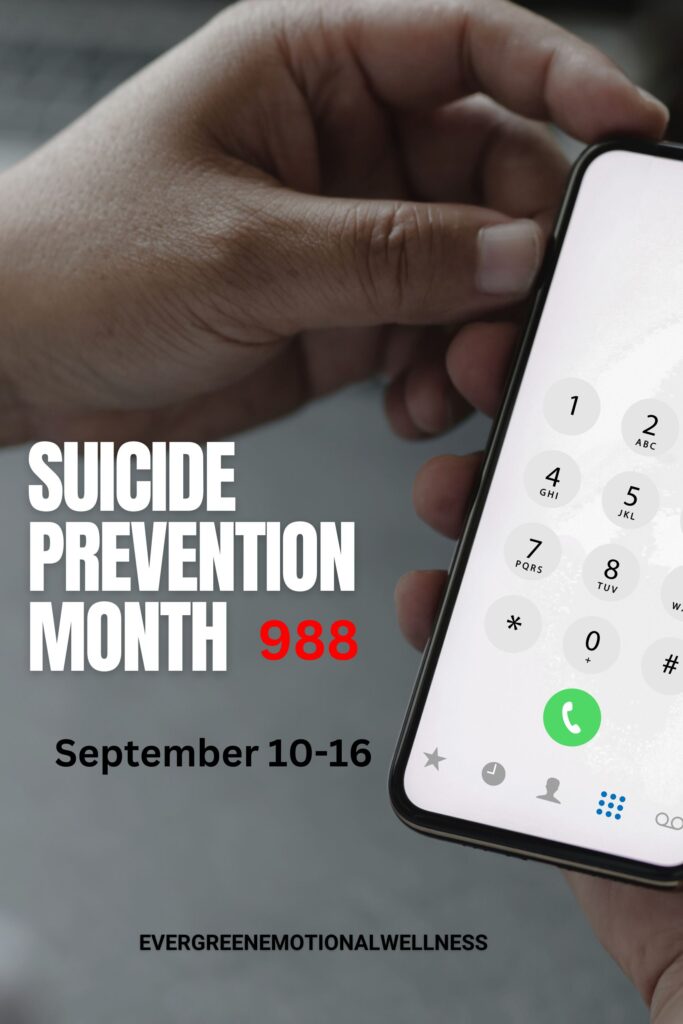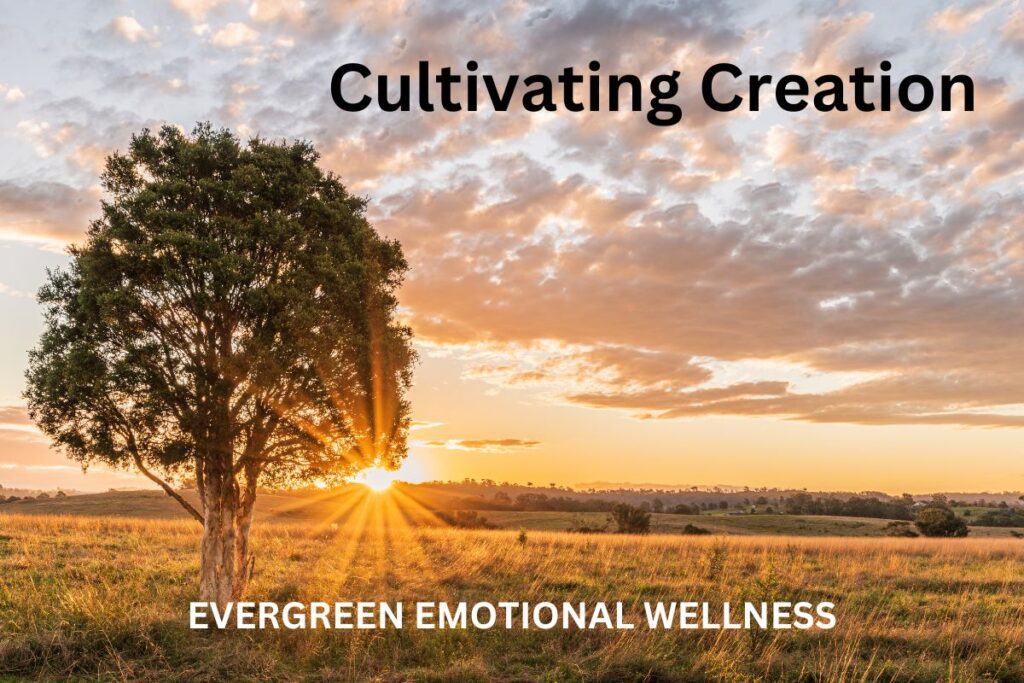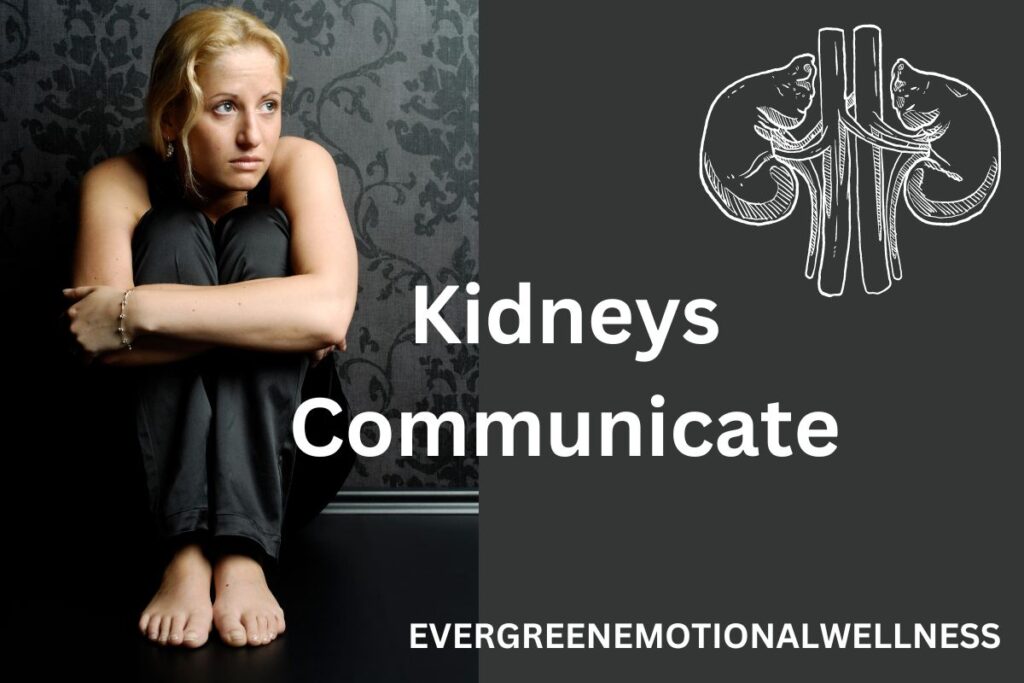National Suicide Prevention Week is coming up next month from September 10, 2023- September 16, 2023. As a healthcare provider, I want to encourage you to have conversations with those you love about this serious issue impacting so many lives. The American Psychiatric Association lists suicide as one of the leading causes of death in the United States and the second leading cause of death for people aged 10 to 34. The highest rate of suicide occurs in persons 75 years of age or older. In 2021 in the U.S., more than 47,000 people died by suicide and there were an estimated 1.2 million suicide attempts according to the Centers for Disease Control and Prevention. Knowing the risk factors and recognizing the warning signs for suicide can help with prevention.
Suicide is linked to mental health concerns, particularly depression and drug and alcohol abuse. The strongest risk factor is a previous suicidal attempt. Common risk factors include:
- A history of suicide in the family
- Substance use
- Mood disorders (depression, bipolar disorder)
- Access to lethal means (firearms or unsecured prescription medications)
- History of trauma or abuse
- Chronic physical illness, including chronic pain
- Social isolation
- Losses and other events (death, legal or financial difficulties)
- Stigma associated with seeking help
A common fear that people have expressed to me in therapy through the years is a concern that if they talk to their spouse or teenager about suicide, then they might be encouraging the idea. It is so important to have open conversations about this difficult subject. You are not going to promote the idea of suicide by discussing the health and well-being of your loved one. In fact, you will be offering them the comfort of knowing that it is safe to talk about this struggle. The following is a list of some of the behaviors to be aware of.
Warning Signs:
- Often talking or writing about death
- Making comments about being hopeless, helpless, or worthless
- Expressions of having no reason for living; no sense of purpose in life; saying things like “It would be better if I wasn’t here.”
- Increased alcohol and/or drug use
- Withdrawal from friends, family and community
- Reckless behavior or more risky activities
- Talking about feeling trapped or being a burden to others
As we embrace life and promote the importance of valuing each person, we can impact our community with the love and life that God has for each of us. Psalm 139:14 says that God made all the delicate, inner parts of my body. He knit me together within my mother’s womb. I was made wonderfully complex. God knew me as He was designing me with much loving care. We didn’t just evolve into a human being, we were created and designed with a purpose. And the blueprints of me are similar to other human beings but they’re not exactly the same. I am unique- and so are you.
Steps in Pursuit
- Develop problem-solving and conflict resolution skills in your life and in your family. Help your children recognize that they can deal with difficult circumstances.
- One of the greatest spiritual benefits is having the perspective that God will provide strength and comfort during life’s difficulties. Model for your children ways to turn to God through prayer when facing challenges.
- Take time to reach out to a friend or family member that has been going through a difficult time by texting or calling. Let them know you are thinking of them.
988 is the suicide prevention hotline that is available 24/7. Let’s encourage feelings of strong connections in our community and fight this battle together as we embrace life.
Continue the Pursuit,
Denise






